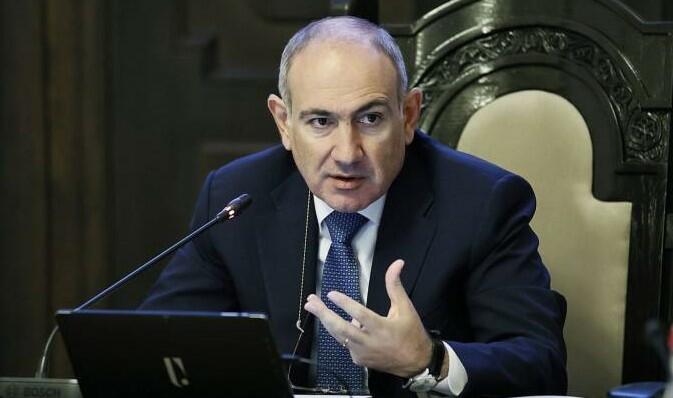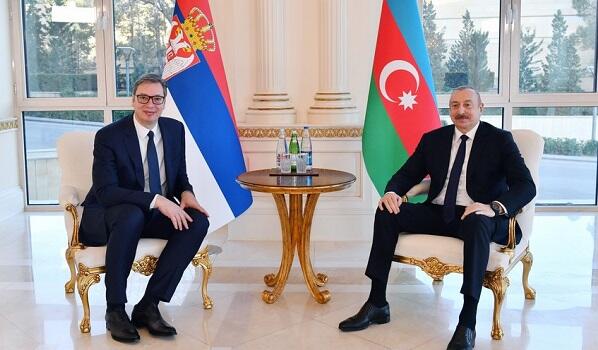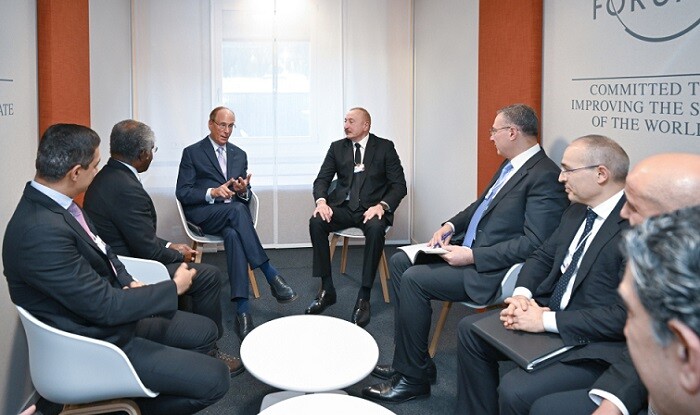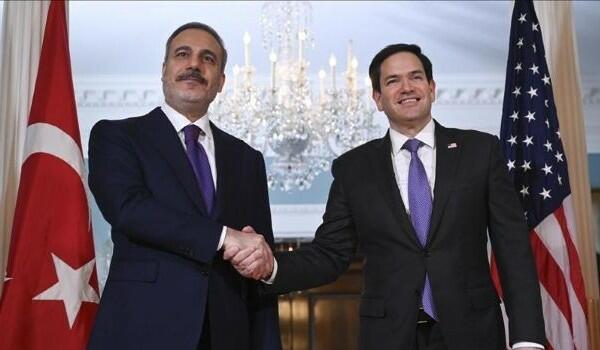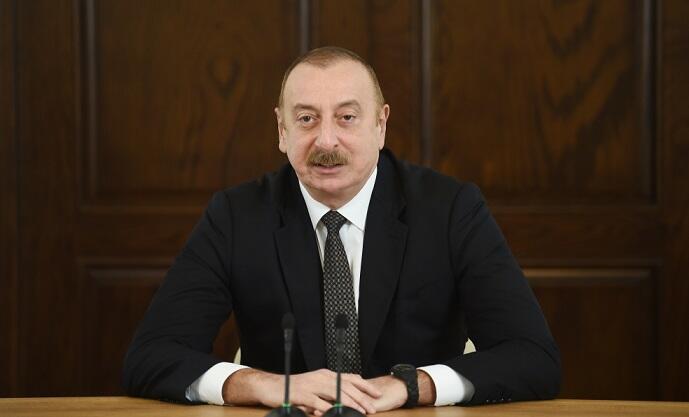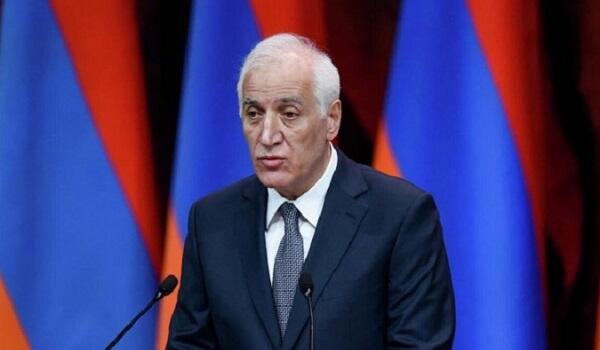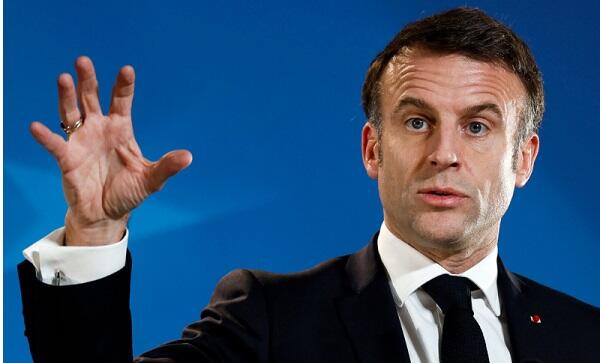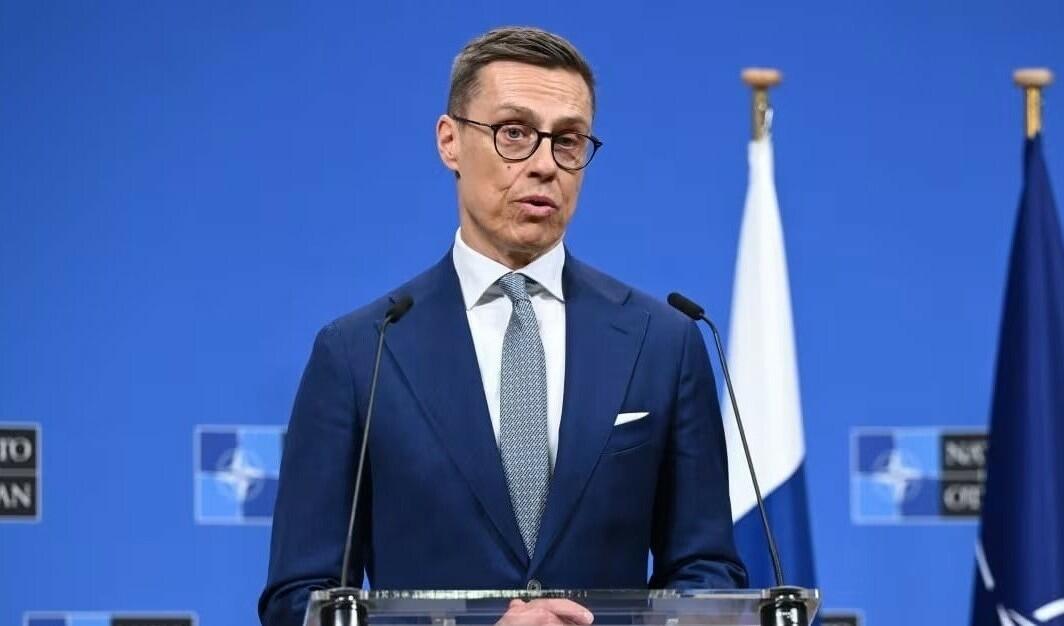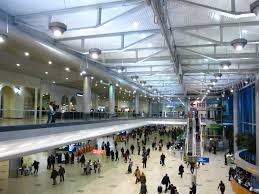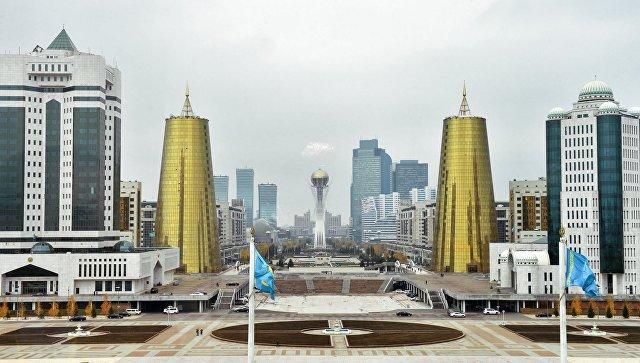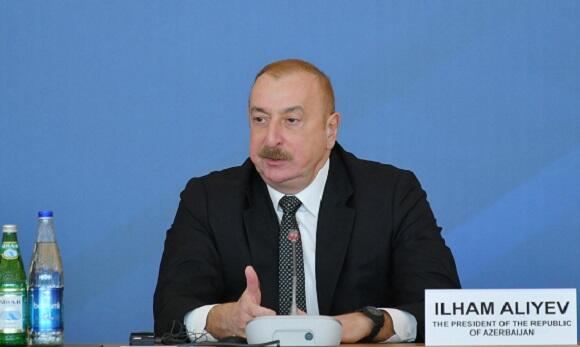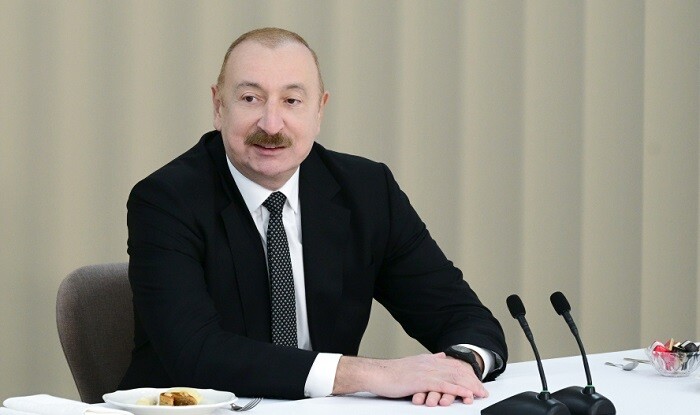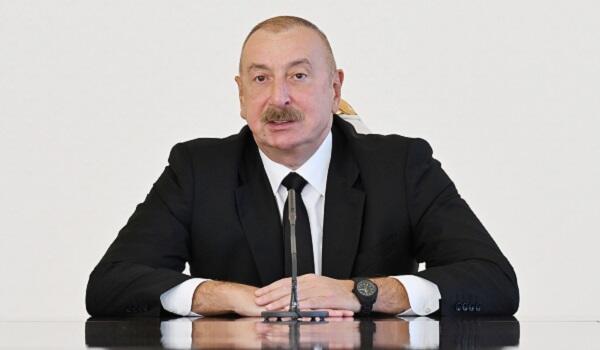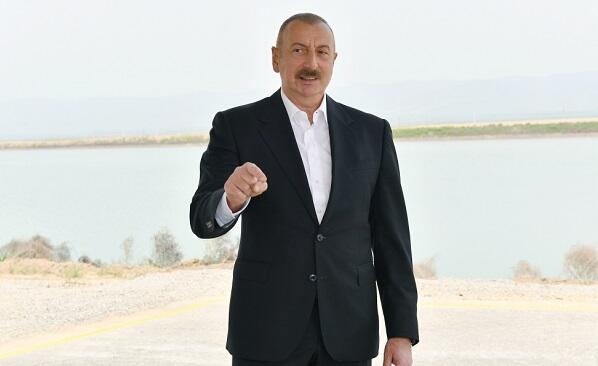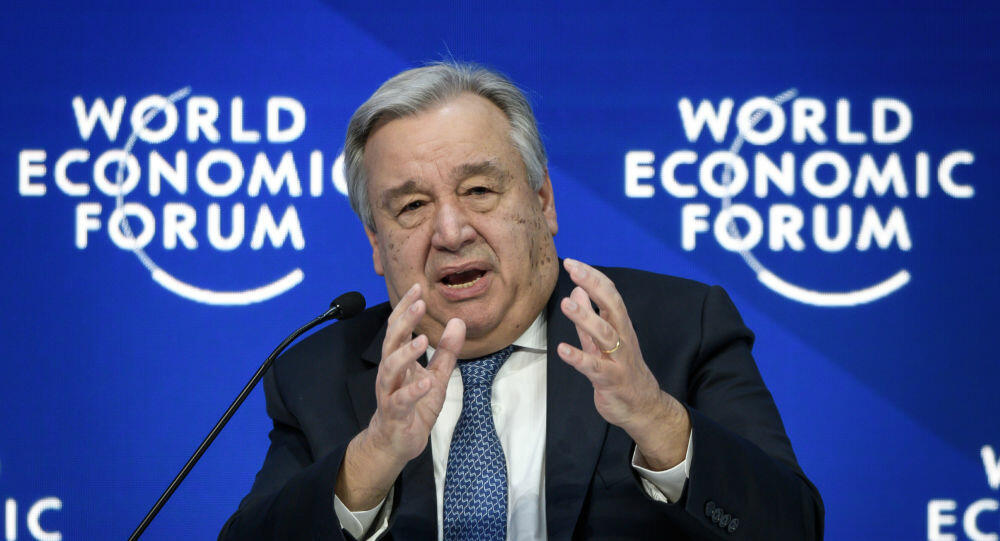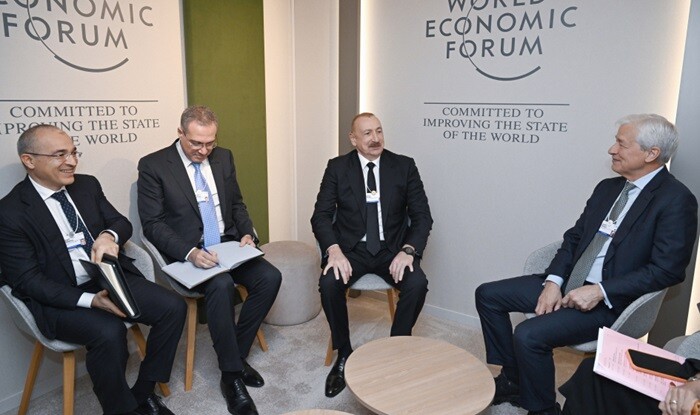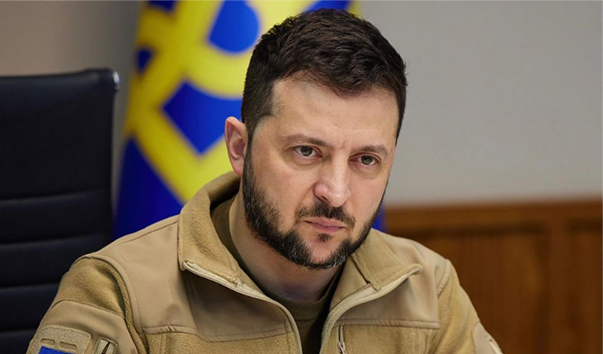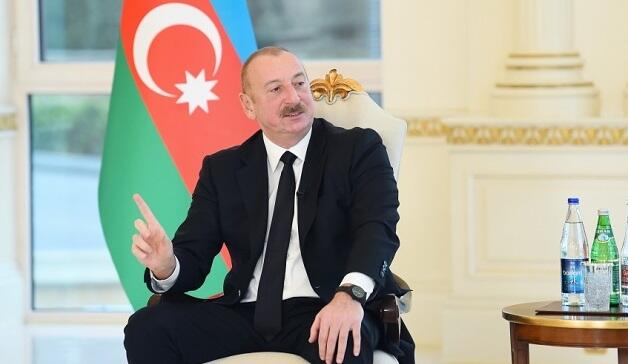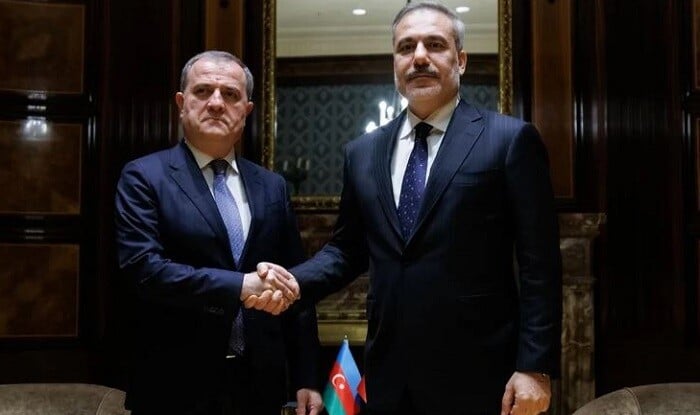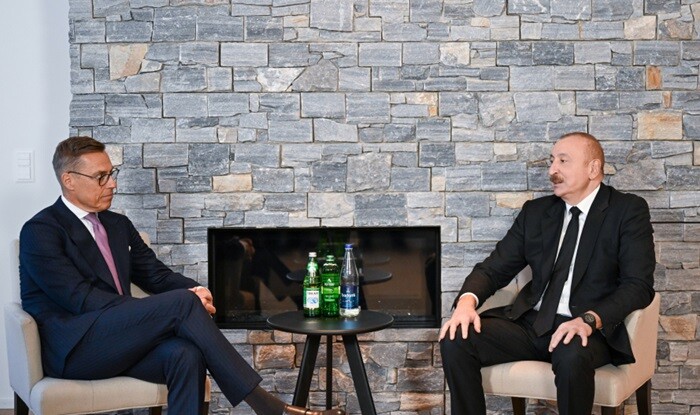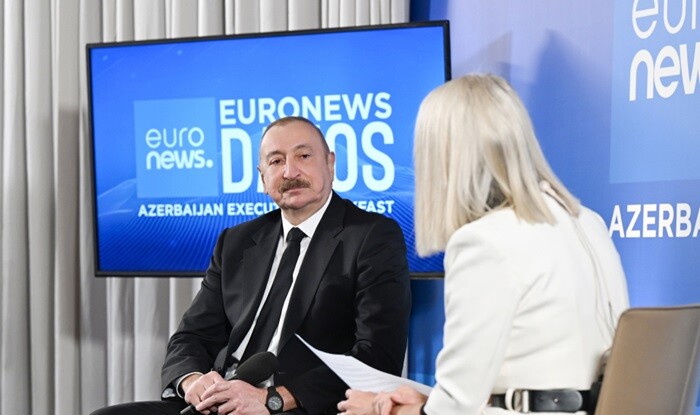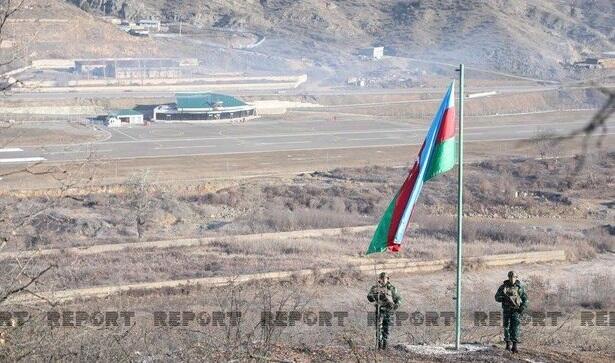European Union foreign ministers agreed Monday to place
sanctions on 17 Syrian government ministers and the governor of the
country’s central bank for what they called the Assad regime’s
“violent repression against the civilian population in Syria.” The
move was expected, and is the second part of EU action to tighten
pressure on the Assad regime following the attacks on Aleppo in
recent weeks. In late October, the bloc placed an asset freeze and
travel ban on 10 Syrians, including military officials and people
with business links to President Bashar al-Assad and his
government.
“The EU remains committed to finding a lasting solution to the
conflict in Syria, as there is no military solution to the Syrian
civil war. The EU is determined to save lives and continues its
intense humanitarian diplomatic effort to deliver aid to Aleppo and
wherever needed, and to evacuate the wounded,” the bloc said in a
statement.
The EU has now placed sanctions on 234 people and 69 Syrian
firms and other entities since the conflict in Syria began in 2011.
The bloc has also placed economic sanctions on Syria, including an
oil embargo and a range of financial and trade restrictions.
The latest sanctions target a number of government officials who
had not been blacklisted by the bloc. They include Finance Minister
Maamoun Hamdan, Petroleum Minister Ali Ghanem and Duraid Durgham,
the central bank governor. Last month, EU leaders called on Syria
and Russia to end the attacks on Aleppo immediately, let
humanitarian aid into the city and resume peace talks. They warned
that all options remained on the table to respond to further
attacks on the northern Syrian city.
While U.S. President-elect Donald J. Trump has said his focus
will be on combating Islamic State not on ousting the Assad regime,
the EU and the Obama administration have both said a political
transition that doesn’t include Mr. Assad remaining Syria’s
president is necessary for the conflict to end. On Monday in
Brussels, French Foreign Minister Jean-Marc Ayrault warned it would
be a mistake to believe that any side in Syria can secure victory
on the battlefield. “There will not be a military victory in Syria.
There can only be a result by negotiation…That rests above all the
key priority,” he told reporters.
